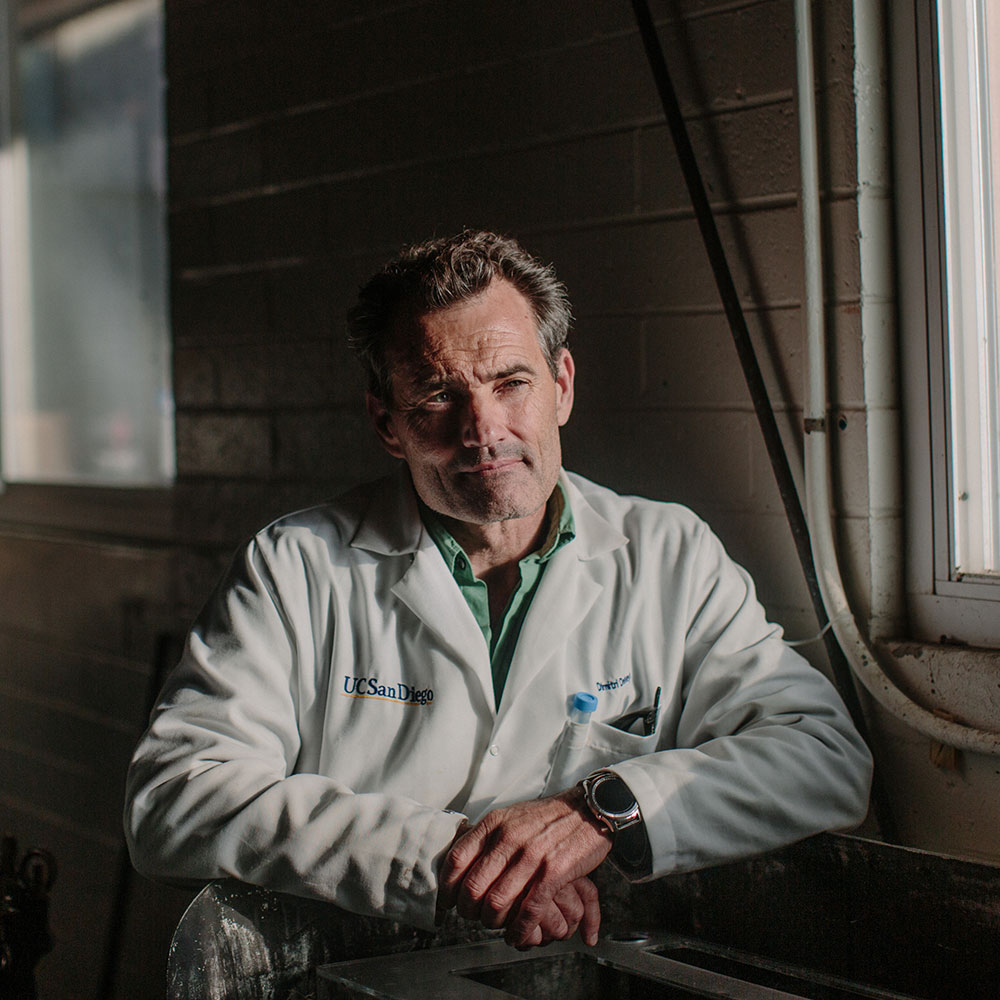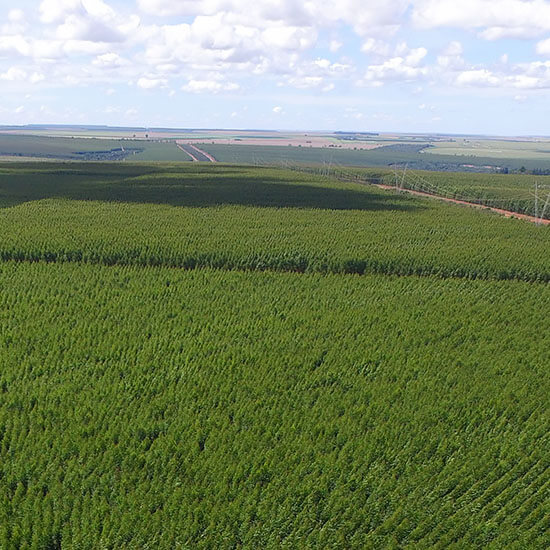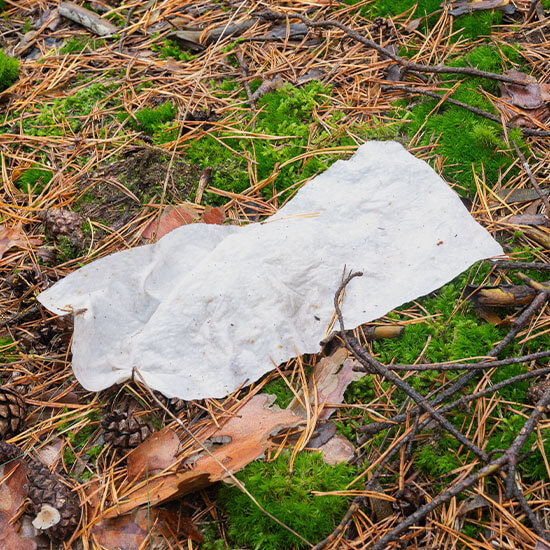Saving the seas
Scientists affirm: Cellulosic fibers help save our seas
Wood-based (cellulosic) fibers decompose in a short time at the end of their life cycle, say scientists at the Scripps Institution of Oceanography (SIO) at the University of California, San Diego. An SIO study published in October 2021 further confirmed that, because of this, cellulosic fibers such as VEOCEL™ branded fibers are significantly more sustainable than fossil-based alternatives.
Elected as one of the most important scientific institutions worldwide by peer-reviewed journal Nature, SIO seeks to inform practical action towards greater sustainability. Their 2021 study into the biodegradability of different fibers targeted the environmental challenges of the “fast fashion” industry. The outcome was a greater understanding of end-of-life scenarios for discarded textiles and nonwovens.
Plastic is a challenge, our fiber is a solution
According to the World Wildlife Fund, it is estimated that plastic pollution causes the deaths of one million marine animals each year. In search of a solution, SIO examined decomposition rates of more than 45 different material and fleece samples, ranging from polyester to cellulosic fibers, including viscose, modal and lyocell. The textiles were placed in small nets on the surface of the water and also at a depth of 10 meters. After 28 days, the lyocell fibers had decomposed. After 200 days, the polyester fibers showed no change.

After 28 days, the lyocell fibers had decomposed. After 200 days, the polyester fibers showed no change.”
Dr. Dimitri Deheyn
Marine Biologist, Scripps Institution of Oceanography
“Our research confirms that lyocell goes through a biodegradability process similar to what leaves go through,” said Dr Dimitri Deheyn, who led the study. A substance is considered biodegradable if it decomposes as a result of the biological activity of enzymes or microorganisms. An apple core will decompose in two weeks. Orange peel will take up to two years. Plastic can take thousands of years to degrade, all the while releasing microplastics into the environment. The SIO study therefore raises awareness not only of the problem but also the solutions that we’re working to develop.
In addition to the SIO study of lyocell fibers, our viscose and modal fibers were confirmed as fully biodegradable in both fresh and marine water by independent research laboratory Organic Waste Systems after TÜV Austria commissioned a study in 2019.
Scripps Institution of Oceanography examined decomposition rates of 45 different fibers.
Samples that were studied ranged from cellulosic to polyester.
Modal, viscose and lyocell fibers were included in the SIO study.
VEOCEL™ branded lyocell fibers confirmed carbon neutral
Further to the SIO study, we launched the first CO2 neutral fibers on the global nonwovens market under the VEOCEL™ brand in 2021. These have been certified as CarbonNeutral® products in accordance with the CarbonNeutral Protocol – the leading global framework for carbon neutrality. We’ve further improved our proven closed loop production for lyocell fibers, which are spun without chemical damage using an organic solvent. More than 99 percent of this solvent is then fed back into the production process.
This is just one example of the many ways we are working to secure year-on-year improvements in the environmental credentials of our products. Affirmation from SIO and the CarbonNeutral Protocol positions us within the industry to attract impactful partners who can help us redouble our efforts to transform the future of textiles and nonwovens.


